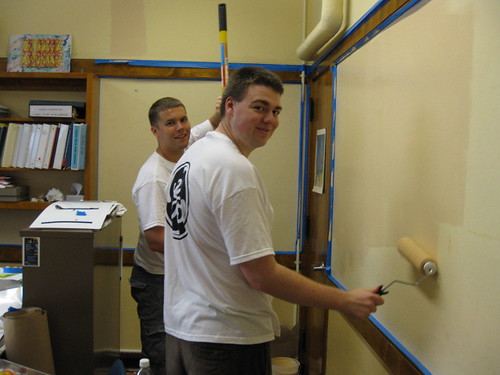The Skinny on Social Workers with a Criminal Record
Social workers are often the people that we turn to when we need help with life events. Whether we need help with an addiction, an emotional problem or in navigating family dynamics, social workers are an excellent source of information and assistance. But what happens when you find out your social worker has a criminal record? Here’s what you need to know:
1.Who Keeps an Eye on Social Workers?
The body in charge of licensed social workers can vary by state. For example, in California, clinical social workers are licensed, and regulated, by the Board of Behavioral Sciences. This agency’s parent is the California Department of Consumer Affairs. In Ohio, the Counselor, Social Worker & Marriage and Family Therapist Board, whose members are appointed by the Governor, oversee social worker licensure and policy. Find out who is in charge of licensure in your state; this is who you will want to contact to find out if your social worker is in good standing.
2.What is a Conviction?
If you hear tell of your social worker has been convicted of a crime, it’s important to understand what “conviction” means. A conviction means that your social worker has plead guilty, please “no contest” or been found guilty in relation to a crime. The crime itself is also important. There is a vast different between being found guilty of a minor traffic violation, for instance, and being convicted of assault. Knowing what your social worker has been convicted of can help you decide whether or not you need to find another therapist.
3.What Type of Action Will be Taken?
It’s also important to understand what types of convictions will have an impact on a social worker’s license. Before you find out that your social worker has been convicted of a crime and is still permitted to practice, find out what crime has been committed. In most states, disciplinary action can only be taken if the crime is substantially related to the licensee’s work. Crimes such as driving under the influence, brandishing a deadly weapon, possession of a controlled substance, battery, crimes involving children and sex with an inmate are just a few examples of substantially-related crimes.
4.What Type of Disciplinary Action Will My Social Worker Face?
The type of discipline that social workers will face depends on the type of crime they have been convicted of. Once your social worker has been convicted of a crime and the licensing board determines that disciplinary action is necessary, the social worker can be disciplined via probation, at a minimum, or by a loss of license, at a maximum. These actions are 100 percent separate from any punishments handed down by a court of law.
5.What Should You Do?
What you should do if your social worker has been convicted of a crime is a matter of personal choice. You are never required to remain with a specific social worker. If you have a moral or even a religious conflict with the choices your social worker has made, by all means, seek out a new source of assistance. If you have any questions regarding a crime committed by your social worker and its ramifications, contact the state licensing board for help in answering your concerns.
Social workers are human and humans make mistakes. If you discover that your social worker has been convicted of a crime, don’t panic. If he or she is still licensed to practice, chances are that the crime was a minor one and has no bearing on your social worker’s ability to provide you with the assistance that you need.
Author Robert Neff is a full-time writer and blogger. If you’re interested in helping others in spite of your past, you may consider getting an online masters of social work.
No related posts.



